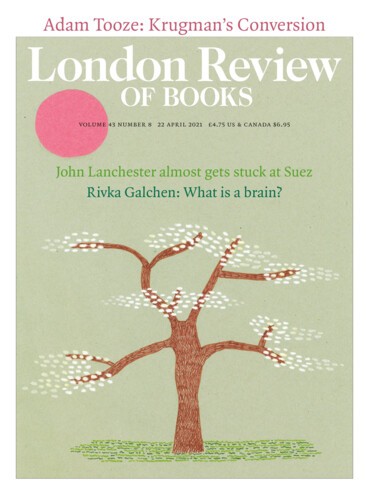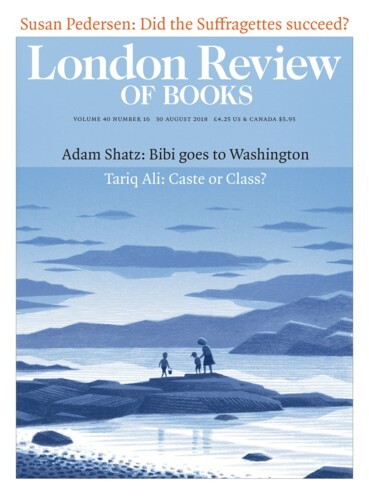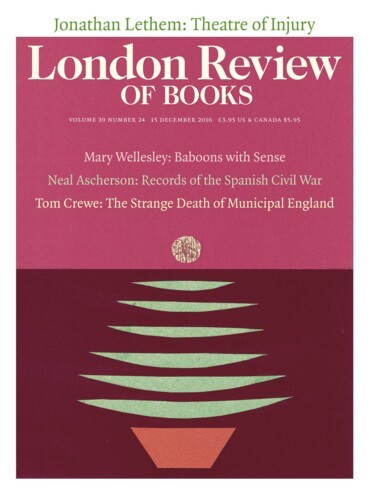Mother and Tata: The Mandelas
Stephen W. Smith, 21 March 2024
Imade my first trip to South Africa towards the end of 1988. I had just become the Africa editor of Libération after years as a regional correspondent in West Africa. I went to visit Emmanuel Lafont, a French Catholic priest who was one of the very few white people living in the vast black township of Soweto, outside Johannesburg. I sat with Lafont in his ill-lit office at the back of...





